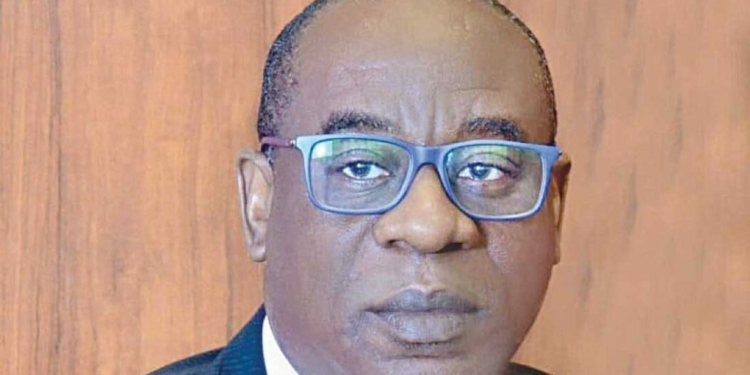- The Central Bank of Nigeria raised the monetary policy rate to 18.75 percent to combat rising inflation
- The decision was made at Tuesday’s Monetary Policy Committee meeting, which was presided over by the acting CBN Governor, Folashodun Adebisi Shonubi
- The members considered inflation and its impact on output growth when making their decisions. They remained cautious in their decision to raise the interest rate gradually
To combat the country’s rising inflation, the Central Bank of Nigeria raised the monetary policy rate to 18.75 percent.
The decision was made at Tuesday’s Monetary Policy Committee meeting, which was presided over by the acting CBN Governor, Folashodun Adebisi Shonubi.
According to the acting CBN governor, eleven committee members attended the meeting.
Shonubi began undoing some of Godwin Emefiele’s unconventional monetary policies in June.
Nigerians have not celebrated a victory over inflation, which rose to 22.7% in June. The National Bureau of Statistics calculated the rate without considering the impact of removing fuel subsidies and naira depreciation.
Rates were raised to 18.5% from 18.0% at the last Monetary Policy Committee meeting under Emefiele.
According to Shonubi, despite broad measures to redeem the markets, inflationary prices remained elevated in most countries.
He said the International Monetary Fund reduced global economic growth from 2.8% to 3%.
However, the Acting CBN Governor stated that removing subsidies and unifying the exchange rate had resulted in increased inflation in the domestic market.
According to Shonubi, the new policy decision of subsidy removal and naira unification will continue to influence inflation.
He admitted that there are foreign exchange pressures that cause economic uncertainty.
The CBN governor predicted that the economy would continue to recover at 2.66 percent. According to him, the continued rise in inflation has prompted a call for decisive action to combat inflationary pressure.
The MPC urged the Federal Government to maintain growth by increasing non-oil revenues.
Members considered inflation and its impact on output growth when making their decisions. They remained cautious in their decision to raise the interest rate gradually.
According to the CBN chairman, 6 members voted to raise MPR, while 5 voted to keep rates unchanged. They decided to reduce the asymmetric corridor at 100-300 basis points from +100 to -700 around the MPR of 18.75.










Discussion about this post